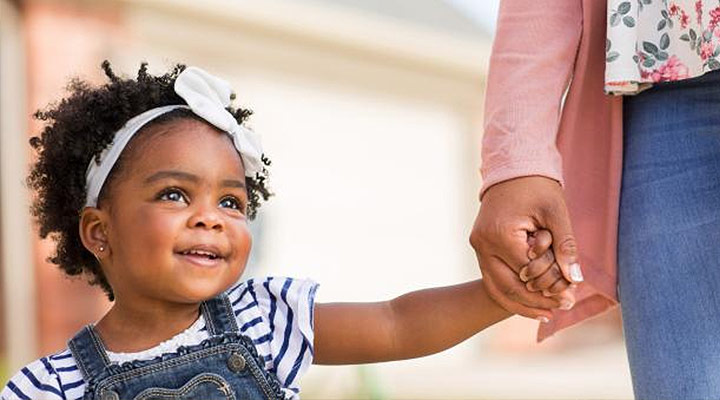Neglect and abuse come in all shapes and sizes, as do the children who have endured them. These precious kids are hungry for your tender, loving care, though sometimes you’d never know it by their actions.
The first and most foundational step on the healing journey is becoming a student of their background, seeking as much detail as possible. Tenaciously pursue this information from their social worker. Having this information will help you connect the dots between their background and their behaviors. Realize that the types of neglect or abuse—what was omitted or what was perpetrated—often create specific behavior patterns.
As you coach your precious foster child toward emotional health and wholeness, consider the following six tips:
1. Understand the Impact of Trauma.
Trauma-informed care acknowledges that abused children deal with emotions and behaviors differently—and that these differences can be difficult to manage. The Substance Abuse and Mental Health Services Administration describes trauma as resulting from: “an event, series of events, or set of circumstances experienced by an individual as physically or emotionally harmful or life-threatening with lasting adverse effects on the individual’s functioning and mental, physical, social, emotional, or spiritual well-being.”
The impact of adverse events, especially those in childhood, can be far-reaching; wise foster parents learn about trauma and how to address its impact. They focus on creating safe environments, practicing patience, and letting children heal at their own pace, rather than trying to “fix” them.
2. Build Trust Slowly.
Successful foster parents keep their word and follow through consistently. Many foster children have seldom seen adults doing either, so their default is not to believe you. But every time you come home at 5:00 when you say you will, you build that trust from the last time you kept that promise. Expect them to test you! Just know that’s merely their own way of asking: Are you really safe? Do you really mean what you say? Are you going to stay?
3. Be Patient with Big Feelings.
Emotional regulation can be one of the biggest hurdles these children face—and where your patience might be tested most. That’s because the language of trauma reads outwardly like meltdowns, withdrawal, rage, and extreme sadness. Try your best to remain calm and instead of exerting control, offer comfort. Gently set clear boundaries: “It’s okay to be mad. It’s not okay to hurt yourself or others.” Praise them for any efforts to manage their big feelings, even when they do it imperfectly.
4. Create a Safe and Predictable Environment.
Simple and consistent routines for morning rituals, mealtimes, homework, and bedtimes are invaluable since predictability is one of your most powerful tools. Children need structure to thrive, and many children end up exchanging what should be innocent childhood years for taking on parental roles for younger siblings. Here’s your chance to help them get their childhood back! In creating this safety as well as predictability, respect physical space; some kids may not be open to hugs or closeness. Defer to them to set the pace.
5. Speak with Empathy and Affirmation.
Children who have been abused often struggle with shame, self-doubt, and low self-esteem, as many have heard personal words that can wreck a human psyche. Set your mind and prayers on reversing those negative thought spirals by being a safe, consistent communicator of who they truly are. Affirm their worth, with expressions like, “You are loved. You are important. You didn’t deserve what happened to you.” And rather than making them feel different or broken, focus on their strengths, courage, and amazing capacity for growth.
6. Celebrate Progress, No Matter How Small.
Healing from neglect and abuse is a long, non-linear process, with steps forward and steps back. Realize that each small victory deserves celebration! Maybe it’s a child’s ability to have a calm conversation after a hard moment, stay a full day at school, or give you an unprompted hug… they are all wins to rejoice in!
There’s nothing easy about fostering children who have experienced unthinkable trauma that has damaged their development and ability to interact in healthy ways with their world. As with all parenting, this is not an exact science; you’ll never do it perfectly. Your gift to your children is your desire to be present, to support them on their road to healing, wholeness, and becoming the men and women God designed them to become!

















